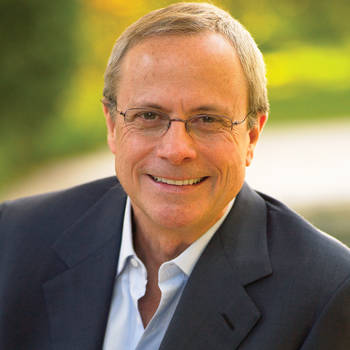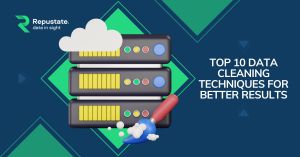Facebook filed papers for an initial public offering on Wednesday that is expected to be the biggest offering to come from a Silicon Valley company and one of the biggest in the history of American business.
The eight-year-old social media company filed the papers with the U.S. Securities and Exchange Commission with a preliminary goal to raise $5 billion, with a company valuation of $75 to 100 billion. It’s rumoured the company will want to raise an IPO that is actually closer to $10 billion, putting it on par only with Visa, General Motors, and AT & T Wireless, who are the only American companies to have held offerings larger than $10 billion.
The $5 billion IPO would beat the record for an IPO for an Internet company held by rival Google, which raised $1.9 billion with a company valuation of $23 billion back in 2004. The final price of Facebook’s IPO won’t be set for several months, and its size may increase with demand from investors before the offering in May.
While CEO and founder, Mark Zuckerberg, was previously in no rush to take his company public in the past, Facebook crossed a U.S. regulatory boundary which forces companies with more than 500 shareholders to share almost as much company information as publicly-traded companies. So it makes sense the company would pick now as a time as good as any to go public and enjoy the financial benefits, rather than release financial information and accept any liabilities.
Zuckerberg released a personal letter in the IPO to explain his company’s philosophy, which he calls the “Hacker Way.”
He wrote that potential investors should view his company differently because it wasn’t created with the intention of generating revenue.
“Hackers believe that the best idea and implementation should always win — not the person who is best at lobbying for an idea or the person who manages the most people,” Zuckerberg wrote.
“We don’t build services to make money; we make money to build better services,” he said. His words are reminiscent of those spoken by Google’s Larry Page and Sergey Brin, who turned their initial investors off with an arrogant attitude when they said they wouldn’t pay attention to short term profits or other regular concerns of the financial markets.
Zuckerberg did go the safe route though when he secured leading investment banks to distribute the public shares, unlike Google, who sold shares through an auction. Facebook’s shares will trade under the FB ticker symbol, but it hasn’t been decided if the company will be listed on the Nasdaq or New York Stock Exchange.
So while Zuckerberg wants the “Hacker Way” mindset to continue, it will be interesting to see if it’s really possible, with 1,000 staff members of his 3,200-person company becoming newly minted millionaires as a result of the IPO, and a huge new pressure to generate revenue from investors.
Then again, it might not even matter if his staff has a change of heart about the “Hacker Way,” since Zuckerberg will still own shares that give him 10 times the voting rights of other public shares, or about 57 per cent of the vote. But potential internal differences as a result of going public could result in a changed philosophy for the company and a different product for users. Would YOU “like” Facebook to take a new direction?
 Home
Home
 Jul 3, 2014
Jul 3, 2014

 Jeremy Wemple
Jeremy Wemple
 Dr. Ayman Abdelazem
Dr. Ayman Abdelazem
 Dr. Salah Alnajem, PhD
Dr. Salah Alnajem, PhD
 David Allen
David Allen

 Repustate Team
Repustate Team

